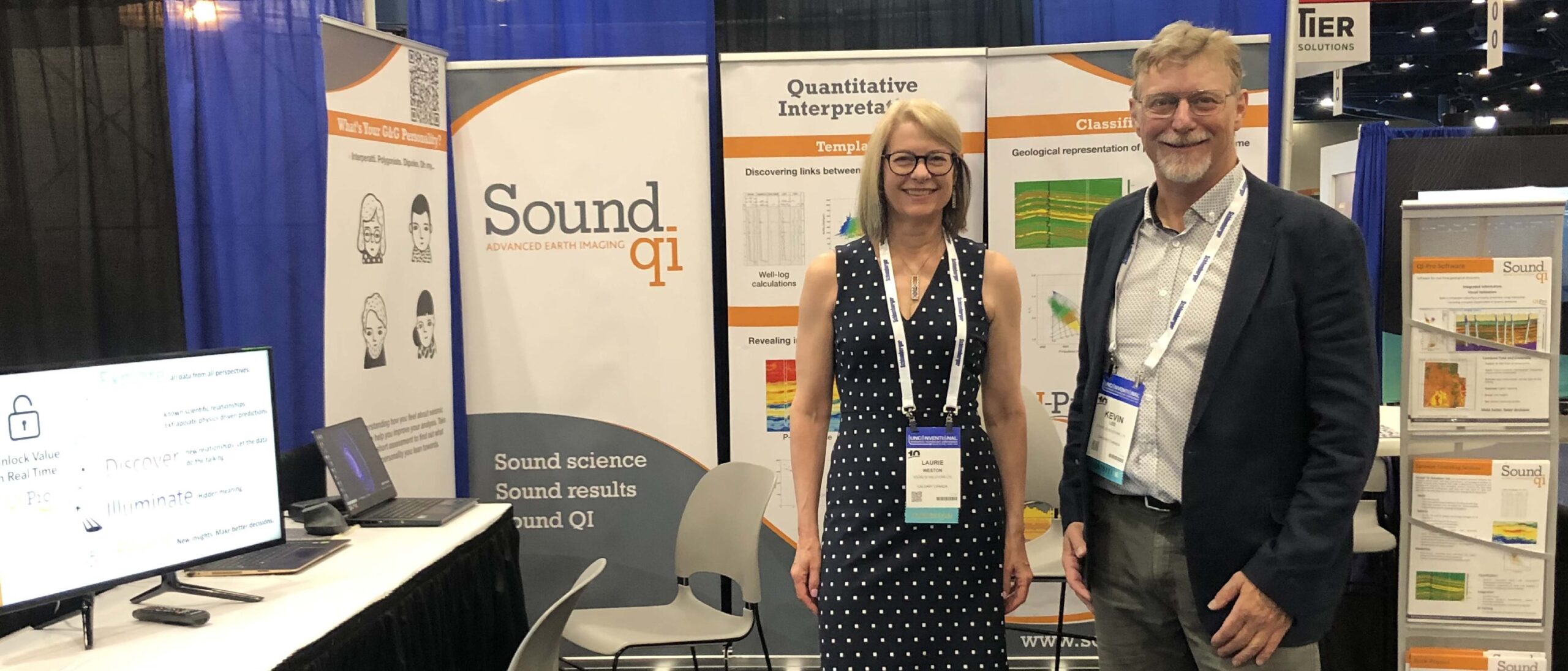Q. How do you view the role and function of geoscience professional societies like AAPG?
The role of professional geoscience societies changes through one’s career. Early on they provide platforms for people to share their research and to learn new ideas through meetings and publications. As a career matures, many individuals begin to turn their efforts towards developing the community by serving on committees and as officers. The roles of professional societies vary, depending on what the members have set them up to do. Associations like AAPG focus on the development of science and programs which benefit the professional development of the members.
Q. Is AAPG mainly an American or a truly international society in terms of its activities and membership?
AAPG has published papers on international geology since the very firstAAPG Bulletin was published in 1917. A third of the AAPG membership is non-US, being served by three regional AAPG offices in London, Singapore, and Bahrain. There are differences, however, between the needs of the US and non-US membership. In the US, the membership is comprised largely of established, independent-minded affiliated societies, whereas many non-US regions are comprised of far-flung individuals. Many of the US members are independents or work for for-profit corporations, whereas many of our non-US members work for national oil companies. The oil industry is global in scope, so it behooves the AAPG to strive towards developing global programs.
Q. What are the major challenges, shortcomings and problems that geoscience societies like AAPG are currently facing???
Maintaining membership is a problem for any association during a downturn, more especially for one so closely tied to the oil industry peaks and valleys as ours. Apart from soliciting members, we must offer geologists products and services that they need.
One of our challenges is the misperception that AAPG is a mouthpiece for the oil and gas industry. It’s an easy mistake to make since 80% of our members work for industry and AAPG does get financial support from industry to help defray publications and meeting costs, but in fact we are a science-based organization, not a political one. We speak for our members as geologists, not for the business or political side of the industry.
Another problem is that although geologists working in the industry have access to tremendous subsurface data, relatively few of the data become public domain, either because they are proprietary or because the geologists do not have enough time or incentives to publish the studies.
Q. Is there a shortage of students graduating in petroleum science and engineering in North America? What are the major issues in petroleum education???
Back in the 1970s there was a shortage of petroleum geologists graduating from schools and we were taking hard-rock mineralogists and turning them, successfully, into soft-rock petroleum geologists. Today there are fewer US schools that offer petroleum-geology degrees, not because we don’t need them but because of the perception, widespread in US academia, that working for the oil and gas industry is somehow dishonorable despite the fact that this profession is providing the inexpensive energy that maintains civilization. But the ability to find oil and gas is not unique to someone with a petroleum-geology education, so this isn’t a true “shortage”. Rather, it is more important to teach critical thinking, analytical skills and data synthesis to young geologists.
Q. As we are entering 2010, how do you see the trends and changes of the petroleum industry and companies in the next decade???
Take any estimate you want of the remaining recoverable oil and double it: oil is still a finite resource. Yes we presently leave a lot of oil in the ground and higher prices will encourage more drilling, but there’s also an energy limit: no-one is going to expend the energy of a barrel of oil to find and recover only half a barrel of oil. In contrast, the demand for fossil energy as measured by global population growth, is, for now, ever-expanding. Even if we find other energy sources for transportation and stop burning oil, merely using it for chemical feed stock, it will continue to be an important resource. The petroleum industry is here for the long haul, and they will need geologists to help find and develop oil resources.





